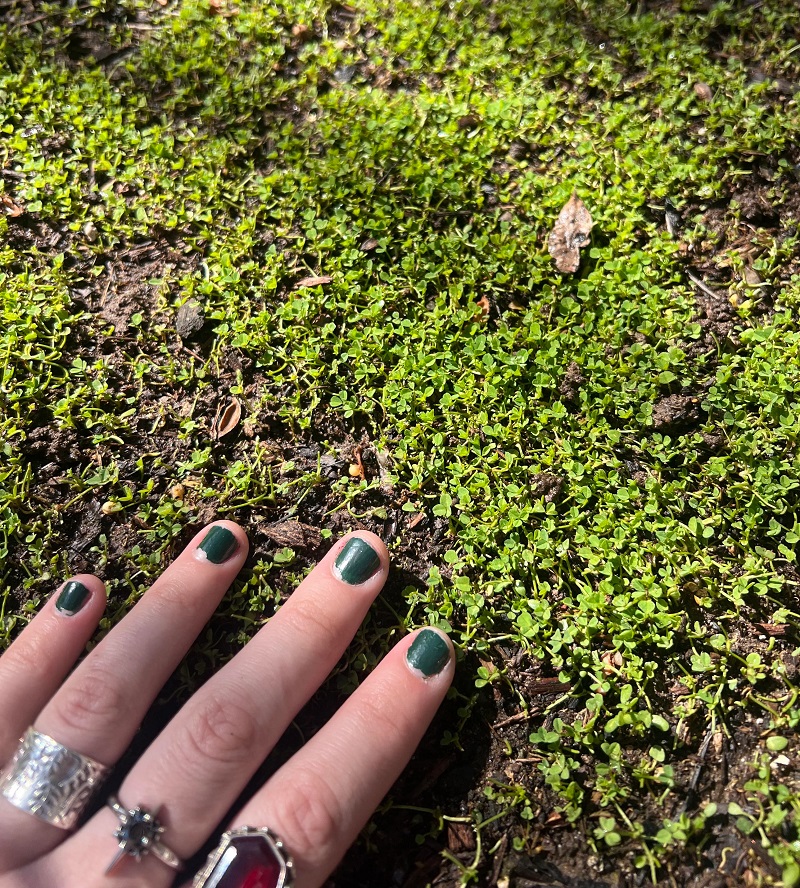A new gardener looking to install an eco-friendly lawn saw their efforts stymied by their environment. Luckily, the native lawn community online responded with a deluge of advice for anyone looking to replace a wasteful grass lawn.
Gardeners everywhere are looking to save water, time, and money in their outdoor spaces, and their search for solutions has led many of them to lawns and gardens comprised of native plants. Folks seeking advice or sharing success stories often gain attention in this growing community.

In a recent post on the r/NoLawns subreddit, a beleaguered Los Angeles resident asked the forum for assistance. They said their clover lawn had failed to take off.
"I've been trying to establish it for MONTHS now and I've probably planted at least three times…what am I doing wrong?" they asked.
The photos they included showed small spots of struggling clover surrounded by barren mud and dirt where the plants had failed to take root.
Luckily, the garden community was able to help. They mostly pointed out issues with the Southern California climate and recommended that the resident populate their lawn with plants native to their environment.
One commenter recommended contacting a master gardener at a nearby university to see what compositions work in the L.A. climate and recommended a tip that could help clover or other plants thrive.
"You may want to consider digging a little creek bed," they wrote. "Line with stones so that heavy rain collects in it and sinks back into the earth like it's meant to."
Another pointed out the difficulties that come with the location: "Clover lawns are for people who live in places like the UK or Ohio. LA is too hot and dry for a clover lawn, or really a lawn in general."
Finally, someone shared a similar experience they thought might help, writing, "I did the same but I mixed the clover with yarrow and red fescue seeds that I bought at Theodore Payne Nursery in Sun Valley (the native nursery) and it all filled in beautifully."
Consumers like the commenter above are making the switch to natural lawns because of the benefits it brings to them and the planet.
Native plants are known to use less water to support themselves because they have evolved to thrive in the climate and geological environment. In a world where water is becoming more expensive and climate-driven drought is becoming more common, the benefits of this practice are abundant.
For the same reason, native lawns also require less maintenance and direct care. They ease the burdens on homeowners while providing a beautiful landscape for their property.
Join our free newsletter for easy tips to save more, waste less, and help yourself while helping the planet.









